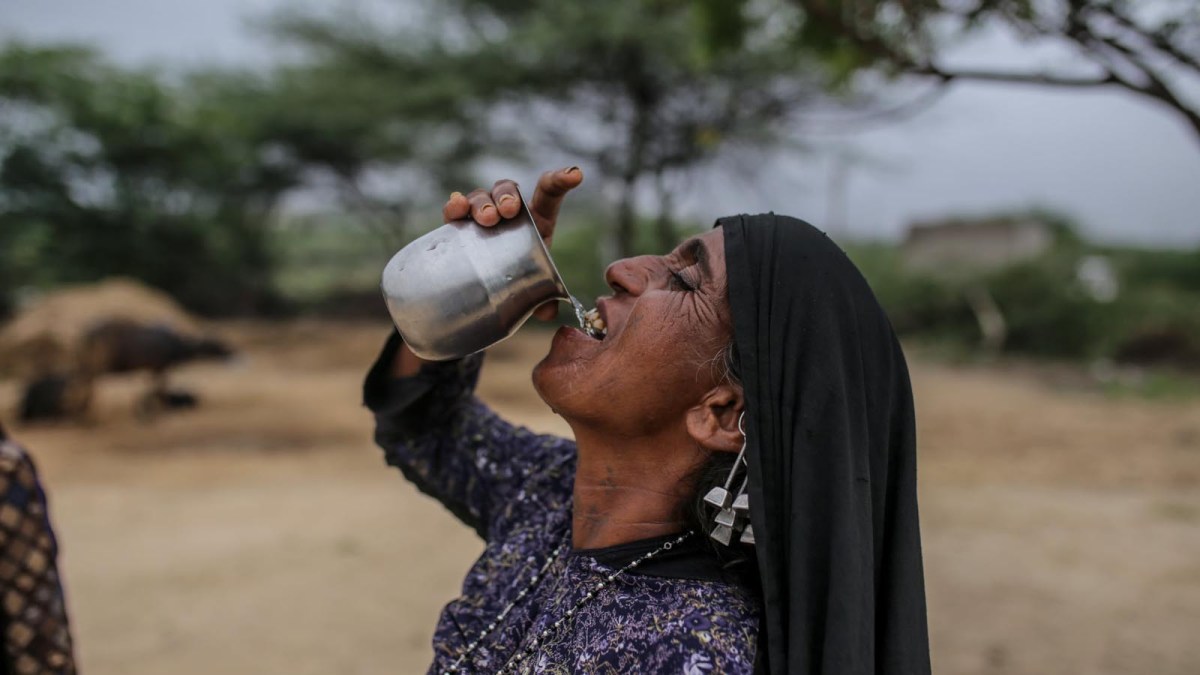Towards a future of mass deaths from heat waves

Months long NB4 heat waves on the Indian subcontinent are likely to cause mass deaths as the world continues to warm. Australia may follow.

by Jeff Masters, 05/05/2022 in Eye on the Storm – Yale Climate Connections
India and Pakistan’s brutal heat wave poised to resurge: 2022 will likely be one of the coolest years Earth will experience in the foreseeable future; much more intense heat waves are in India and Pakistan’s future.
A brutal, record-intensity heat wave that has engulfed much of India and Pakistan since March eased somewhat this week, but is poised to roar back in the coming week with inferno-like temperatures of up to 50 degrees Celsius (122°F). The heat, when combined with high levels of humidity – especially near the coast and along the Indus River Valley – will produce dangerously high levels of heat stress that will approach or exceed the limit of survivability for people outdoors for an extended period.
The latest forecasts from the GFS and European models predict an unusually strong region of high pressure intensifying over southern Asia in the coming week, bringing increasing heat that will peak on May 11-12, with highs near 50 degrees Celsius (122°F) near the India/Pakistan border. May is typically the region’s hottest month, and significant relief from the heat wave may not occur until the cooling rains of the Southwest Monsoon arrive in June. But tropical cyclones are also common in May in the northern Indian Ocean, and a landfalling storm could potentially bring relief from the heat wave.
Read the complete article….
Featured image: An Indian woman drinks water on March 29, 2022, during a fierce heat wave. (Image credit: UNDP India ) / From the article.